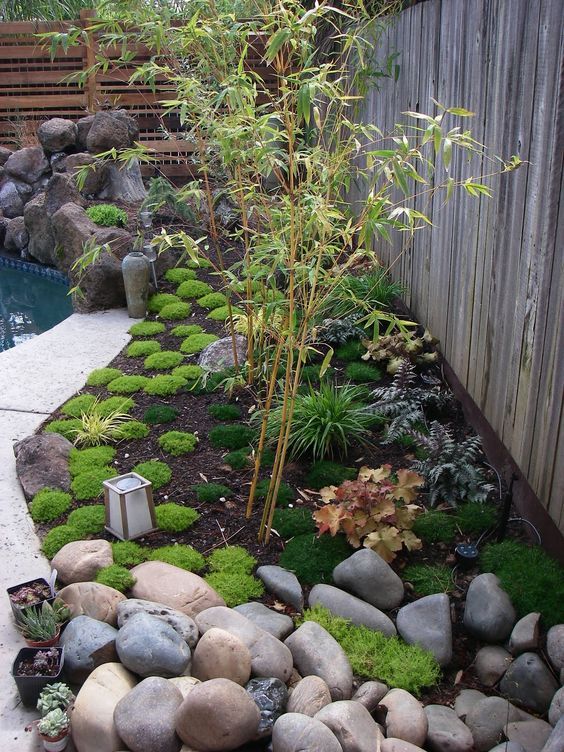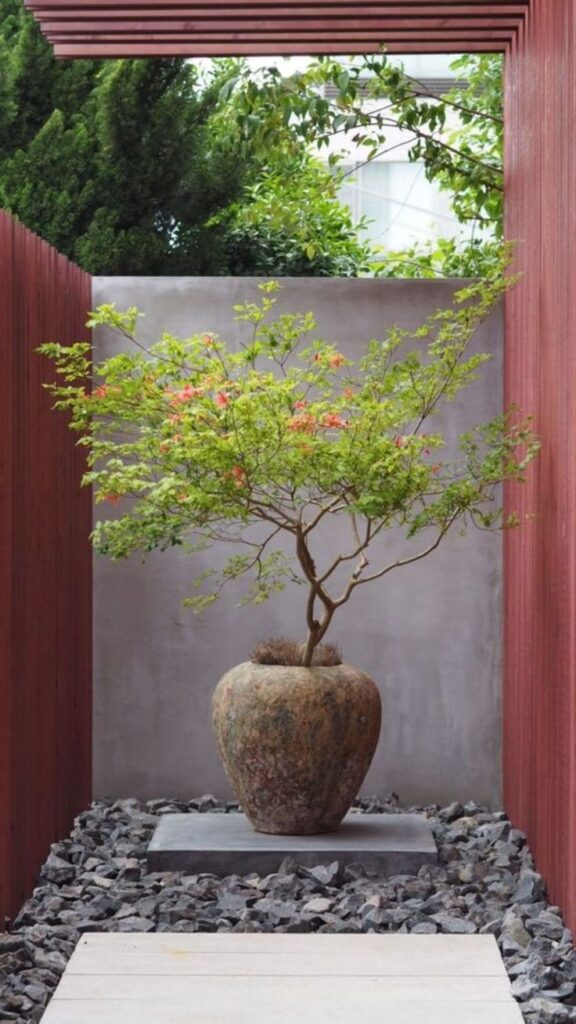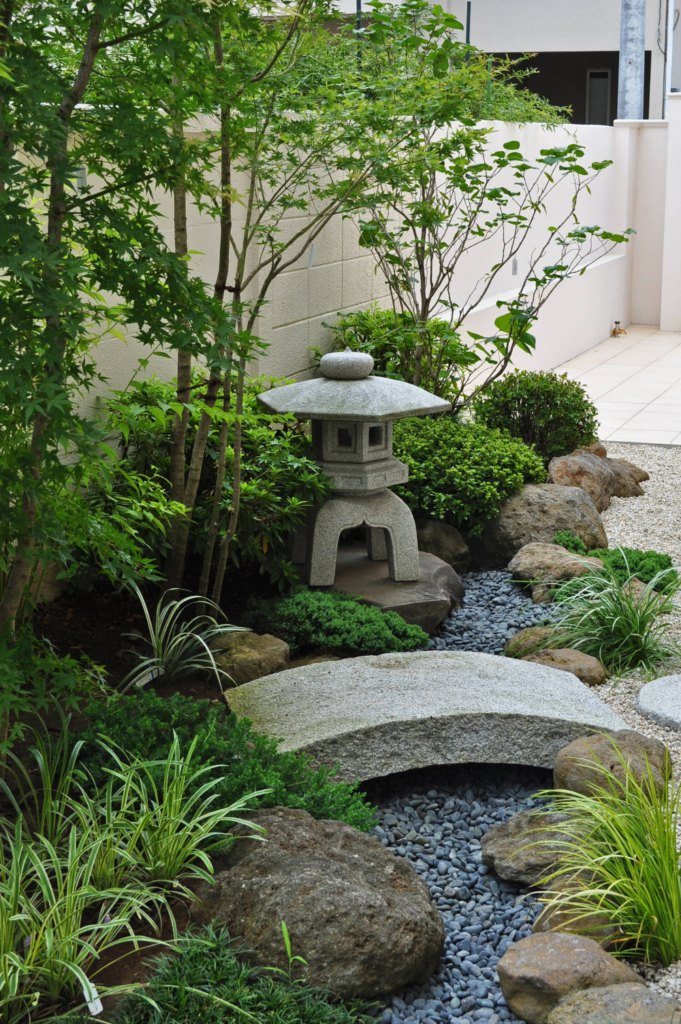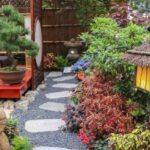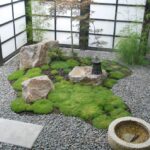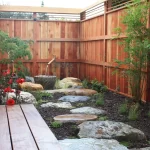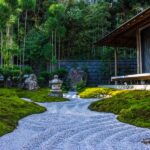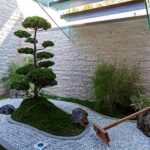Japanese Zen gardens, also known as dry landscape gardens or karesansui gardens, are traditionally designed to inspire tranquility and mindfulness. These small, carefully manicured gardens are meant to convey the essence of nature in a simple and minimalist way. One of the most famous Zen gardens is the Ryoanji Temple garden in Kyoto, known for its meticulously raked gravel and strategically placed rocks.
In a typical Japanese Zen garden, a carefully chosen selection of rocks, gravel, moss, and sometimes plants are used to create a tranquil and harmonious space. The design is often symmetrical and balanced, with an emphasis on creating a sense of peacefulness and serenity. Visitors are encouraged to contemplate the garden from a specific viewing point, allowing them to focus on the beauty and simplicity of the surroundings.
The design of a Japanese Zen garden is meant to evoke the feeling of being in a natural setting, even when located in an urban environment. The use of carefully chosen elements, such as rocks and gravel, reflects the traditional Japanese aesthetic of wabi-sabi, which values imperfection and impermanence. This concept is central to the philosophy of Zen Buddhism, which emphasizes the importance of simplicity, humility, and mindfulness.
Creating a small Japanese Zen garden in your own backyard or indoor space can be a wonderful way to bring a sense of calm and tranquility into your daily life. By carefully selecting and arranging rocks, gravel, and other elements, you can create a peaceful oasis that can help you relax and center yourself. Whether you have a large yard or a small balcony, there are endless possibilities for designing your own Zen garden.
Some key elements to consider when designing a small Japanese Zen garden include symmetry, balance, and simplicity. The placement of rocks, gravel, and other materials should be deliberate and thoughtful, with each element playing a specific role in creating a harmonious and tranquil space. By paying attention to the details and carefully tending to your garden, you can create a space that invites contemplation and reflection.
Overall, Japanese Zen gardens offer a beautiful and meaningful way to connect with nature and cultivate a sense of inner peace. Whether visiting a traditional garden in Japan or creating your own small sanctuary at home, the beauty and simplicity of these gardens can inspire mindfulness and serenity in all who experience them.
